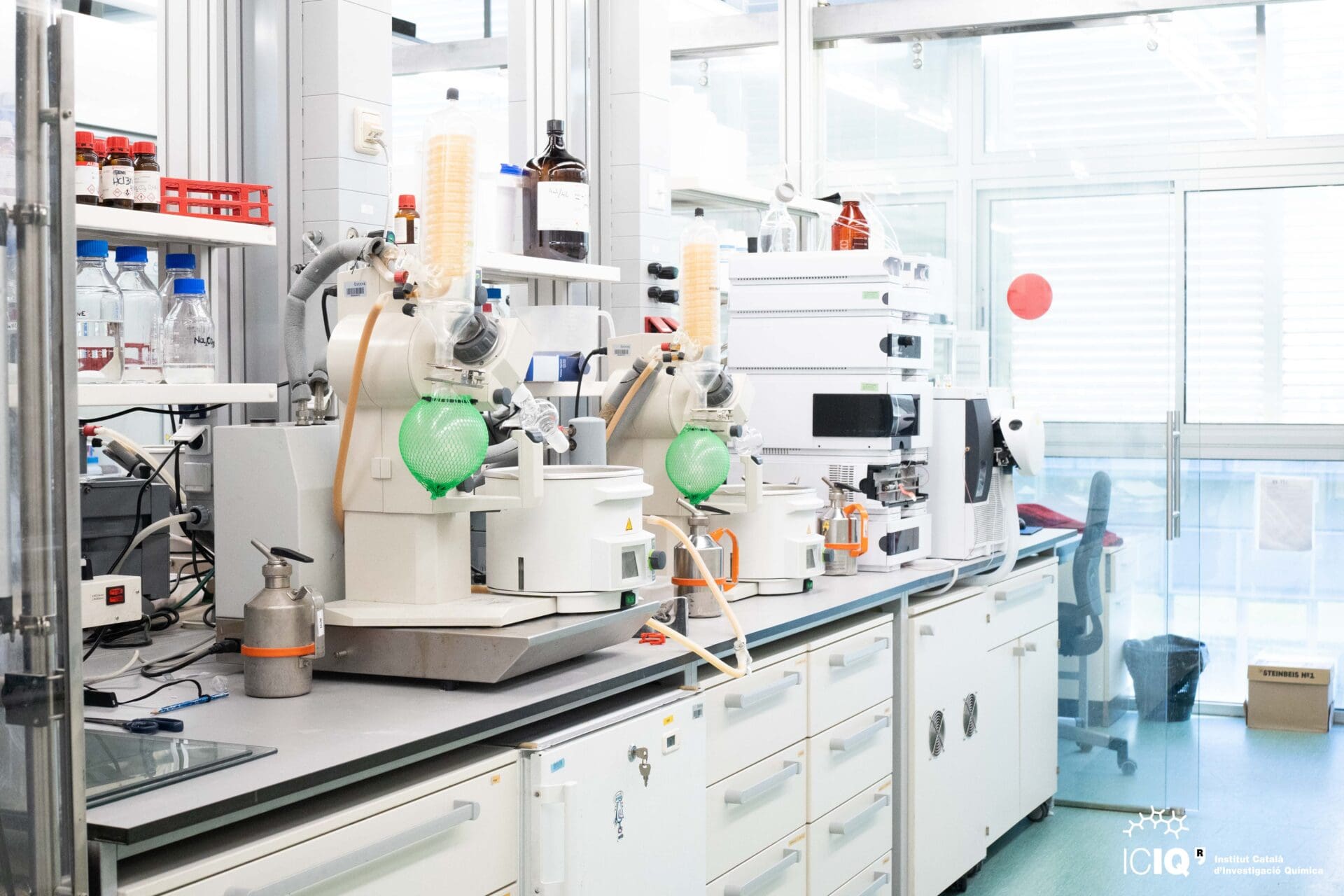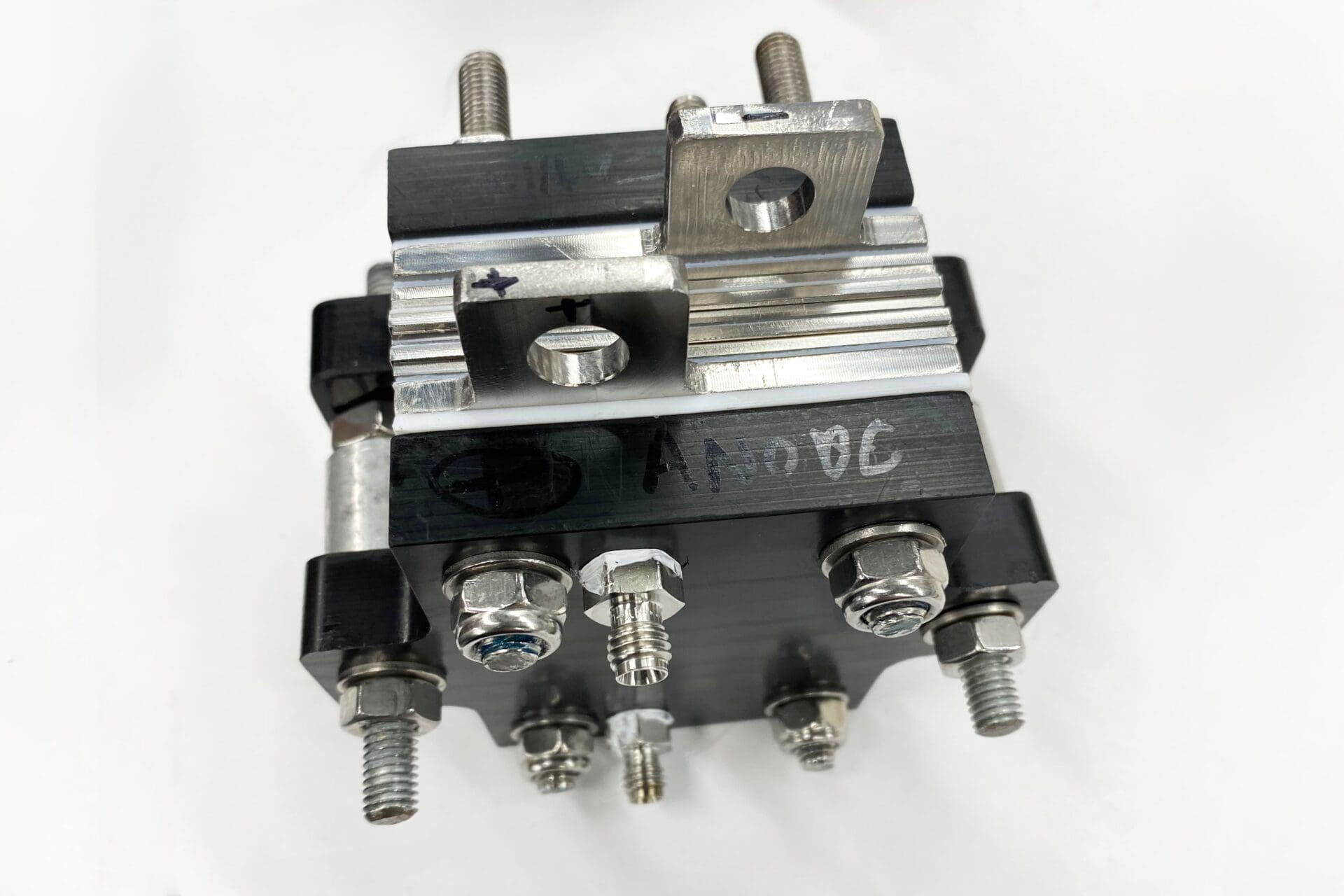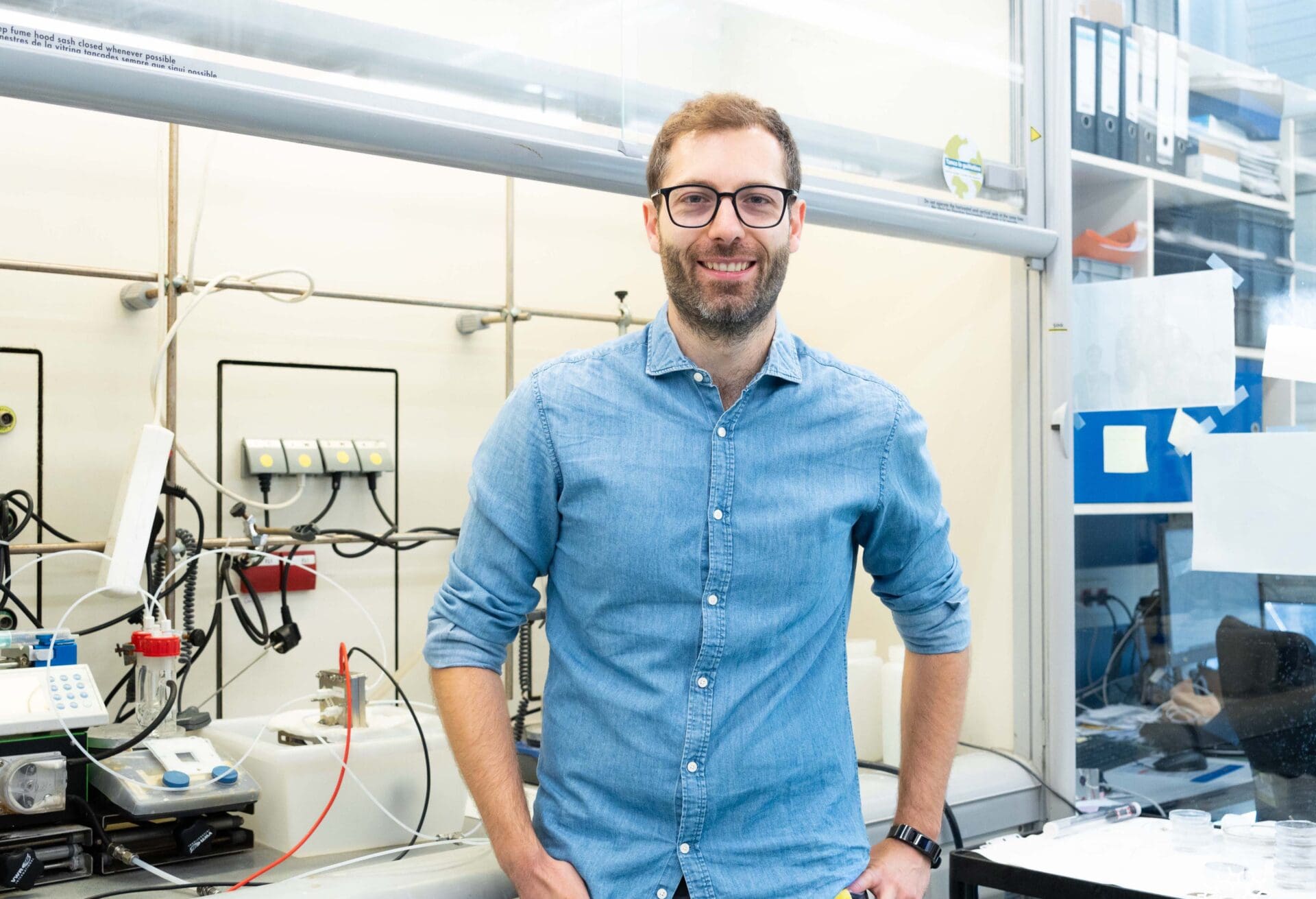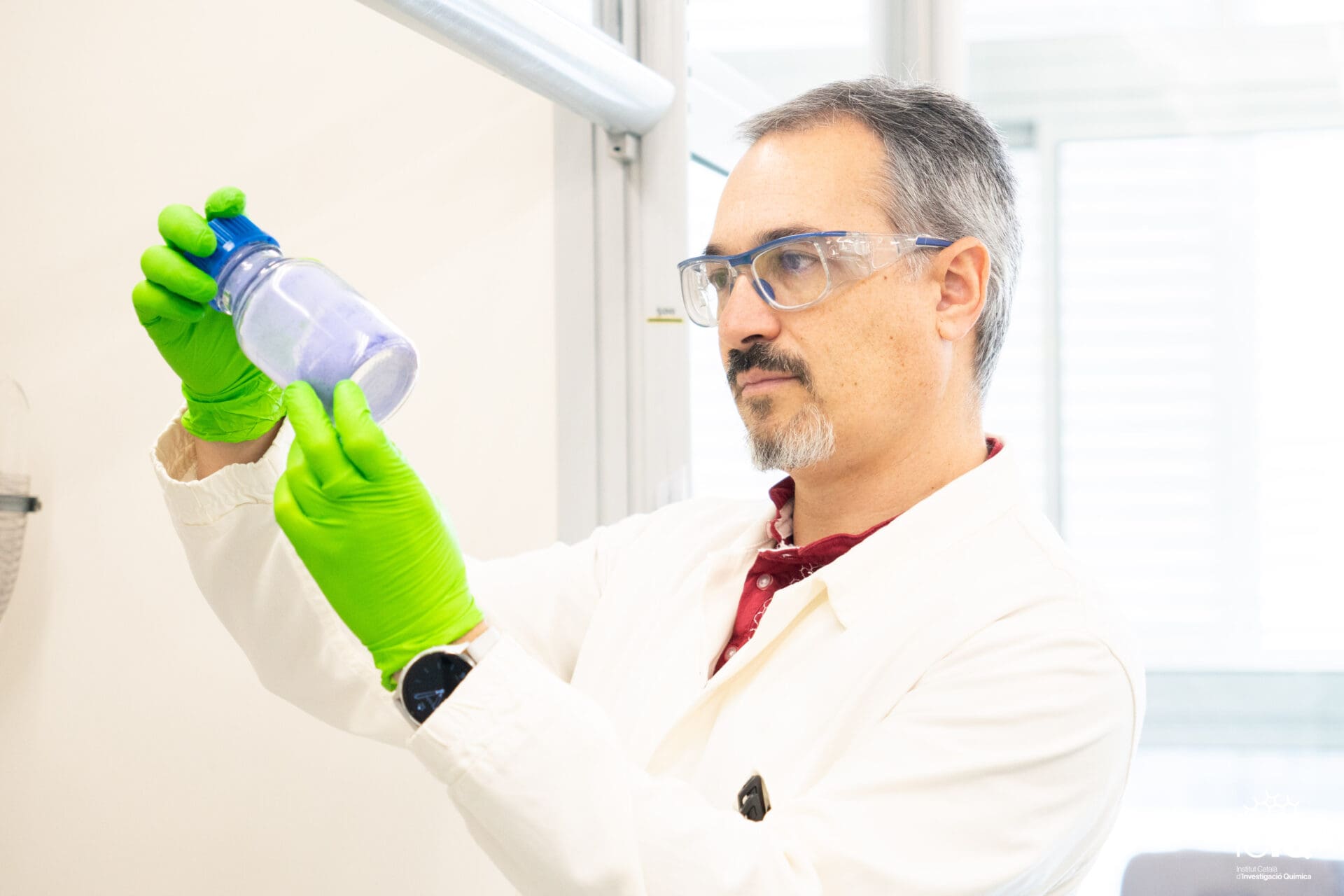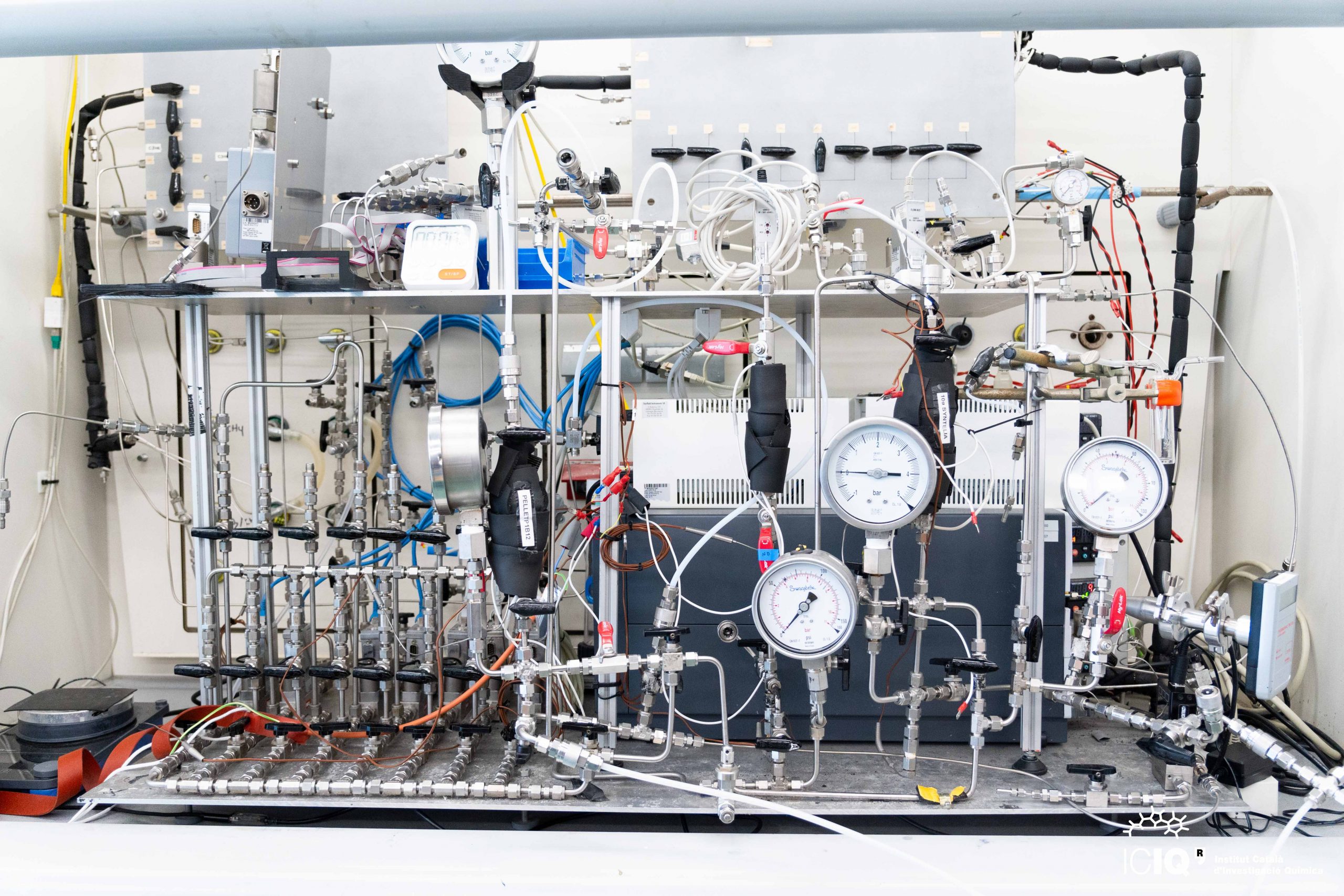ICIQ and IDIBGI join forces in a pioneering collaboration to discover new therapeutic targets against cancer
12th September 2023 -
Their aim is to develop more specific and less toxic treatments by focusing on the early stages of DNA replication
The Institute of Chemical Research of Catalonia (ICIQ-CERCA) and the Girona Biomedical Research Institute (IDIBGI) started a successful collaboration in September 2022. They are exploring new therapeutic targets and developing new drugs for cancer treatment. This cooperation has become one of ICIQ’s strategic projects with the goal of advancing research in this field.
The project led by Dr. Jordi Frigola, head of the Chromosomal Replication group at IDIBGI, aims to develop new selective inhibitors of the early stages of DNA replication. This is a step that occurs before the cell divides, and therefore, stopping it would prevent tumor proliferation. This approach is innovative because it focuses on the early stages of DNA replication, unlike current treatments that target more advanced stages. This new approach opens possibilities for developing more specific treatments with fewer side effects and less toxicity for patients.
In recent years, Dr. Frigola’s group has identified new candidate therapeutic targets for designing and developing specific inhibitors of genomic synthesis. Using these new targets, the ICIQ team is pursuing two complementary approaches to find molecules capable of inhibiting the early stages of DNA replication. “The multidisciplinary collaboration between IDIBGI and ICIQ is giving a significant boost to our research line. The results obtained so far have allowed us to validate our hypothesis, which we have been investigating in Girona for years”, states Dr. Frigola states. And he adds: “These results indicate that we are on the right track and represent a new milestone in the project.”


Firstly, using molecular modeling techniques, the ICIQ team studies the proteins involved in the previous phase of the replication process. They design molecules that coordinate with the binding pockets of the proteins, suitable cavities for molecule binding, thus inhibiting replication in the early stages. These molecules are then prepared in the ICIQ’s innovation laboratory.
Subsequently, the molecules synthesized in the ICIQ’s laboratory are analyzed through DNA synthesis inhibition assays at IDIBGI. Based on the results obtained in these assays, the ICIQ team goes back to the starting point to enhance the activity of the molecules and optimize their effectiveness. Dr. Félix Cuevas, from ICIQ, is responsible for this part of the project.
The second approach is based on the synthesis of small peptides of around thirty amino acids, which mimic parts of the complex system of proteins involved in the early stages of DNA replication. The use of these peptides allows studying inhibition processes based on disrupting protein-protein interactions. Dr. Fernando Bravo, from ICIQ, leads this approach alongside the computational chemistry group of Prof. Feliu Maseras from the same center, which studies the fitting and molecular dynamics of these proteins over time. As Dr. Bravo explains, “disrupting the recognition process between proteins allows for the incorporation of innovative therapies that synergize with other treatments, ultimately resulting in more effective cancer therapies.”
A multidisciplinary approach
The collaboration between ICIQ and IDIBGI harnesses the complementary expertise and knowledge of both CERCA institutions to address a significant health issue, namely cancer, from a completely new scientific perspective. This new approach aims to improve the quality of life for people with cancer, strengthening both institutions’ commitment to applying the latest scientific advances to enhance the health of our population.
MedChem acknowledges the support of the State Research Agency / Ministry of Science and Innovation under the “Severo Ochoa” Centres of Excellence Program (CEX2019-000925-S, MCIN/AEI/10.13039/501100011033, 2020-2024).

Related news

Let's create a brighter future
Join our team to work with renowned researchers, tackle groundbreaking
projects and contribute to meaningful scientific advancements






 19-02-2025
19-02-2025 